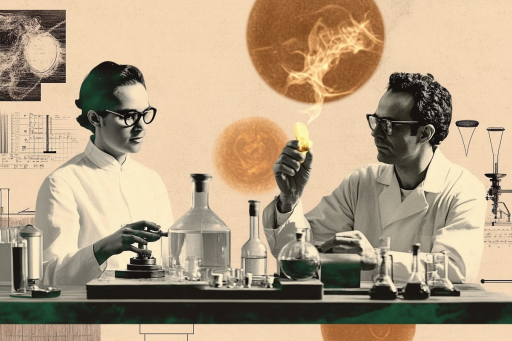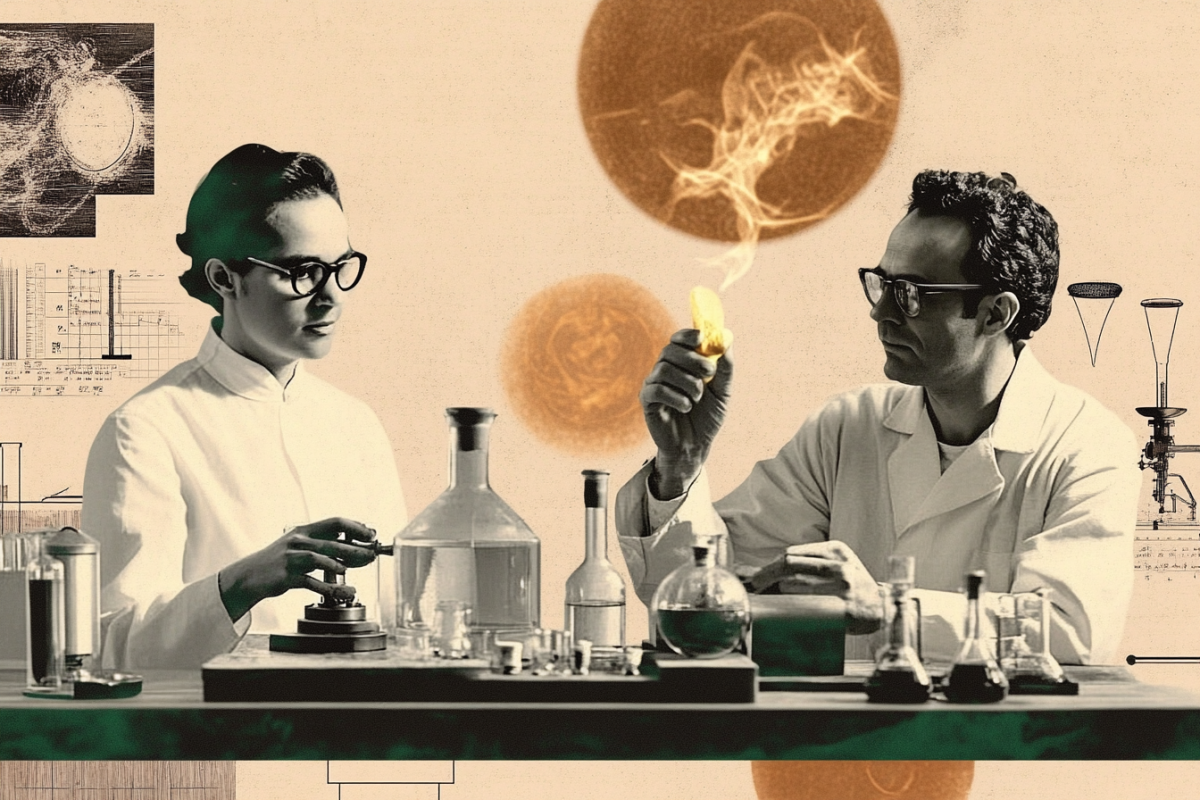
History is often shaped by ambition, strategy, and careful planning—but sometimes, the greatest breakthroughs happen entirely by accident. From life-saving medical discoveries to world-changing inventions, chance has played a surprising role in shaping civilization. Whether it was a mistake in a laboratory or a fortunate accident in the battlefield, these unexpected moments altered the course of history forever. Some of the greatest advancements were never meant to happen, yet they changed everything.
Penicillin – The Accidental Cure

In 1928, Alexander Fleming returned to his lab after a vacation and found that a petri dish of bacteria had been contaminated by a strange mold. Instead of discarding it, he realized the mold was killing the bacteria. This lucky accident led to the discovery of penicillin, the world’s first antibiotic, which has saved millions of lives. What started as a messy experiment turned into one of the greatest medical breakthroughs in history.
The Discovery of X-Rays

While experimenting with cathode rays in 1895, Wilhelm Roentgen noticed that an unknown type of radiation was passing through objects and casting eerie shadows. To test his findings, he placed his wife’s hand in front of the radiation and captured the first-ever X-ray image of her bones. This unplanned discovery revolutionized medicine, allowing doctors to see inside the human body without surgery. Today, X-rays are an essential tool in healthcare worldwide.
The Microwave Oven’s Surprising Origin

In the 1940s, engineer Percy Spencer was working with radar equipment when he noticed that a chocolate bar in his pocket had melted. Intrigued, he tested other foods, including popcorn, and realized microwaves could cook food rapidly. This unexpected discovery led to the invention of the microwave oven, changing the way people prepare meals forever. What started as a random observation became a kitchen staple in homes around the world.
Coca-Cola – A Medicine Gone Mainstream

Coca-Cola was never meant to be a soft drink. In 1886, pharmacist John Stith Pemberton created a medicinal tonic that he hoped would relieve headaches and boost energy. When a mistake led to the mixture being carbonated instead of served as a syrup, the refreshing beverage quickly gained popularity. Instead of curing ailments, it became one of the most recognized brands in the world, proving that history’s biggest successes can sometimes be unintentional.
Velcro – Inspired by a Dog’s Fur

In 1941, Swiss engineer George de Mestral noticed that burrs from a plant had stuck to his dog’s fur after a walk. Curious about their clinging power, he examined them under a microscope and discovered tiny hooks that latched onto fibers. This accidental observation led to the invention of Velcro, now used in everything from clothing to space travel. A simple walk in nature transformed how we fasten things.
The Accidental Invention of the Pacemaker

In the 1950s, electrical engineer Wilson Greatbatch was working on a device to record heartbeats when he mistakenly installed the wrong type of resistor. Instead of simply recording, the device emitted electrical pulses—mimicking the rhythm of a heartbeat. This error led to the invention of the pacemaker, a device that has saved countless lives. A small mistake in a lab became a medical marvel.
Teflon – The Slippery Mistake

While experimenting with refrigerants in 1938, chemist Roy Plunkett accidentally created a slippery, heat-resistant substance that refused to react with anything. This unexpected result became known as Teflon, now used in non-stick cookware, medical implants, and even spacecraft. What started as a failed chemical experiment became a revolutionary material with endless applications.
The Discovery of LSD

In 1943, Swiss chemist Albert Hofmann was working with ergot fungus derivatives when he accidentally absorbed a small amount of a strange substance through his fingertips. Shortly after, he experienced vivid hallucinations—the first recorded LSD trip. What began as a failed medical experiment led to a powerful, controversial psychedelic drug that would influence science, art, and culture for decades.
Potato Chips – Born from Frustration

In 1853, chef George Crum was frustrated with a picky customer who kept sending back his fried potatoes for being too thick and soggy. In annoyance, Crum sliced the potatoes razor-thin, fried them until crisp, and heavily salted them. To his surprise, the customer loved them, and potato chips were born. A moment of irritation in the kitchen led to one of the world’s most popular snacks.
The Accidental Discovery of Safety Glass

In 1903, French chemist Édouard Bénédictus accidentally dropped a glass flask coated with a plastic solution. Instead of shattering, the glass held together, inspiring the invention of safety glass. This accidental breakthrough led to its widespread use in car windshields, buildings, and protective eyewear, saving countless lives in the process.
Post-it Notes – A Weak Glue Becomes Essential

In the 1970s, scientist Spencer Silver was trying to develop a super-strong adhesive but ended up creating a weak, reusable one instead. His colleague, Art Fry, realized this “failed” adhesive was perfect for making bookmarks that could stick without leaving residue. This mistake led to the creation of Post-it Notes, now an office and household essential.
The Accidental Creation of Plastic

In 1907, chemist Leo Baekeland was trying to find a substitute for shellac when he accidentally created Bakelite, the first fully synthetic plastic. This invention sparked the modern plastics industry, changing everything from packaging to technology. What began as a search for an alternative coating became one of the most influential materials in history.
An Accidental Leak Leads to Super Glue

During World War II, scientist Harry Coover was developing a clear plastic for gun sights when he accidentally created a substance that bonded instantly to anything it touched. Originally seen as a nuisance, this sticky mistake eventually became Super Glue. Today, it’s used in homes, industries, and even emergency medical treatments.
Champagne – A Fermentation Fluke

In the 1600s, French winemakers struggled with bottles of wine that kept fermenting unexpectedly, creating bubbles. While initially considered a failure, the sparkling wine gained popularity among the elite. This “mistake” led to the creation of champagne, which is now one of the most celebrated beverages in the world.
The Accidental Invention of Matches

In 1826, British chemist John Walker was stirring chemicals with a wooden stick when he accidentally scraped it against the floor. To his surprise, the tip of the stick burst into flame. Realizing the potential of his mistake, he refined the formula and created the first friction matches. What began as an unexpected chemical reaction became one of the most useful everyday tools in history.
When Fate Writes the Script

The greatest moments in history are not always planned—they are stumbled upon, discovered in frustration, or found through pure chance. A failed experiment, a minor mistake, or an unintended reaction can lead to world-changing innovations. Sometimes, history isn’t written by those who sought greatness, but by those who embraced the unexpected. The question is: how many more accidental discoveries are waiting to change the world?





